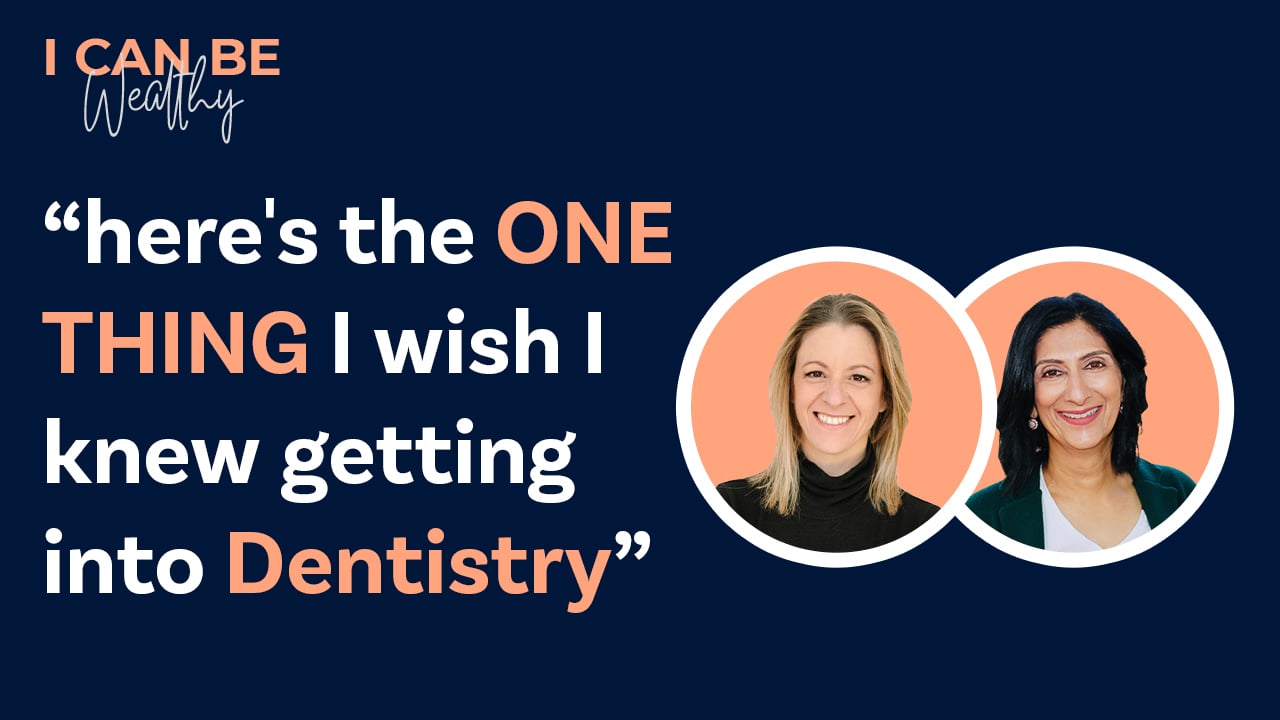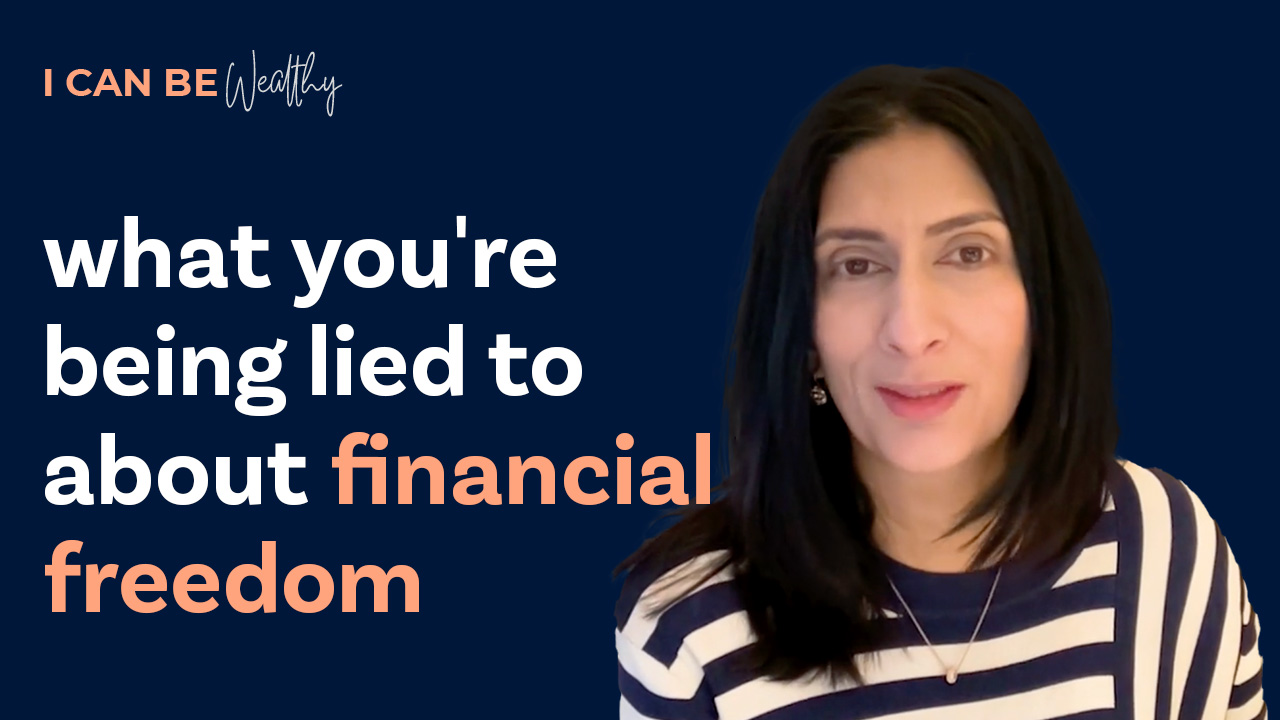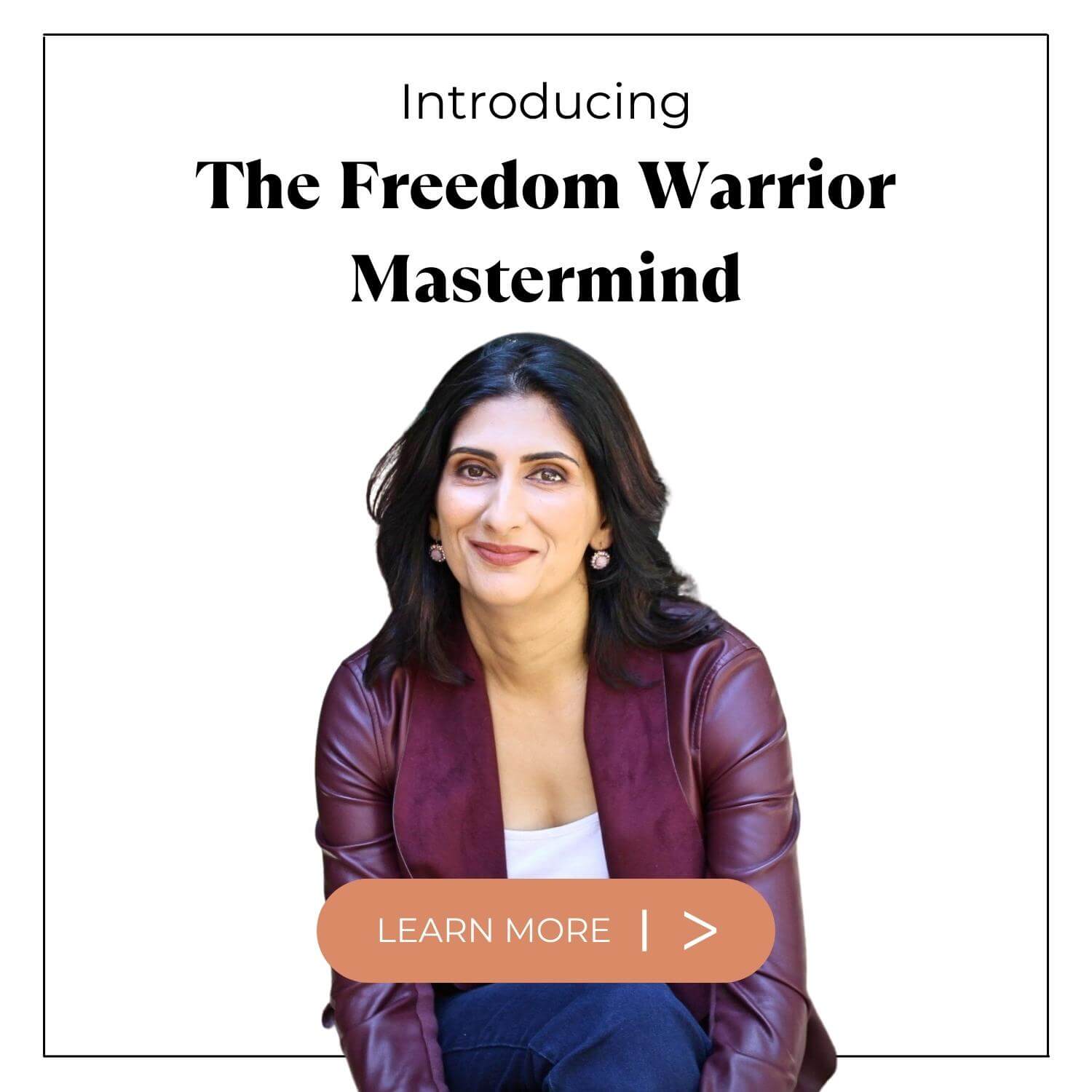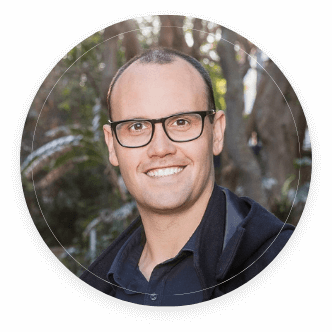Personal Stories of Setbacks
Like everyone else, I’ve had my share of ups and downs. Not all my investment choices were spot on.
Some were minor stumbles, while others felt like significant pitfalls.
But every setback carried a lesson, an insight into how to approach things differently.
A relatable story shared by my friend, Kan, took me back to a specific time.
He spoke of his investment in A2 milk during the peak of its demand in the Chinese market. An initial surge was followed by unforeseen events, leading to losses.
While this wasn’t a devastating setback for him, it highlighted the inherent risks and the emotional rollercoaster of investing.
The Weight of Loss and Bouncing Back
Perhaps my most significant learning moment came from a devastating loss in 2007.
Venturing into real estate developments, we were scammed out of our entire life savings of half a million bucks.
The financial setback was immense, but the emotional toll was even more profound.
The guilt, the self-blame, and the sense of responsibility were overwhelming.
However, instead of retreating, I chose to push forward. This resilience made all the difference.
It’s interesting to note that the magnitude of loss doesn’t always correlate with its emotional impact.
I’ve seen relationships crumble over financial losses much smaller than mine. This highlights the need for emotional intelligence in investing.
So, you must be able to “fail forward”, move ahead, and learn from setbacks.
The Road Ahead: Diversify and Educate
So, how does one tip the scales in favour of success? The answer lies in diversifying your learning.
Understanding various investment strategies, mastering financial intricacies, and consistently updating your knowledge.
Broadening horizons across different asset classes and learning from varied experiences can provide a holistic view of wealth building.
The Hidden Price of Conservatism
With his self-proclaimed conservative disposition towards life, Kan questioned the idea of inaction.
It’s a concern many conservative individuals grapple with – the fear that holds them back from taking risks.
They look at the extreme cases of millionaires who face bankruptcy multiple times in their lives and think, “That’s too extreme for me.”
But there’s an often-overlooked cost to staying stagnant.
The phrase “the enemy of a great life is a good life” rings true not just in the context of money but in life as a whole.
If you always choose comfort over growth, you might regret your decisions years later.
Consider this analogy: Just like how failing to invest in our health during our youthful years might jeopardise our health in the latter years, failing to make financial moves now can result in a slow decline over time.
As the world progresses, those who don’t take calculated risks might find themselves falling behind.
We often fear rejection, whether in relationships or investments.
But the truth is, failure is always possible, whether you take a risk or not.
If you embrace this reality and choose to act, you expose yourself not just to potential failures but also to a wealth of experiences and learning opportunities.
Howard Marks: A Testament to Resilience
Kan brought up Howard Marks, an iconic figure in the investment world.
Marks co-founded Oaktree Capital Management and was known for buying high-risk distressed debt packages.
He faced massive ridicule during the 2008 financial crisis, when he faced huge losses.
But his resilience, ability to adapt, and faith in his strategies paid off in the long run.
Today, he’s celebrated not only for his financial acumen but also for his emotional fortitude in the face of adversity.
Mindset Over Money
More than financial strategies, it’s resilience, the ability to learn from setbacks, and the pursuit of self-growth that truly count.
To build wealth, one must mentally prepare for both ups and downs.
I reflected on the teachings of the philosopher Seneca, a proponent of stoicism.
Despite being wealthy, Seneca occasionally slept on his kitchen floor, symbolically representing detachment from material wealth.
While I’m not suggesting such extreme measures, you must understand our emotional responses to financial situations and strive for a balanced perspective.
In conclusion, while no one should actively seek out losses, it’s necessary to understand that losses are part and parcel of growth.
Rather than fearing setbacks, it’s more productive to focus on achieving success more often than not.
As Kan and I wrapped up our conversation, it was evident that the journey to financial freedom is as much about the mind as the money.









